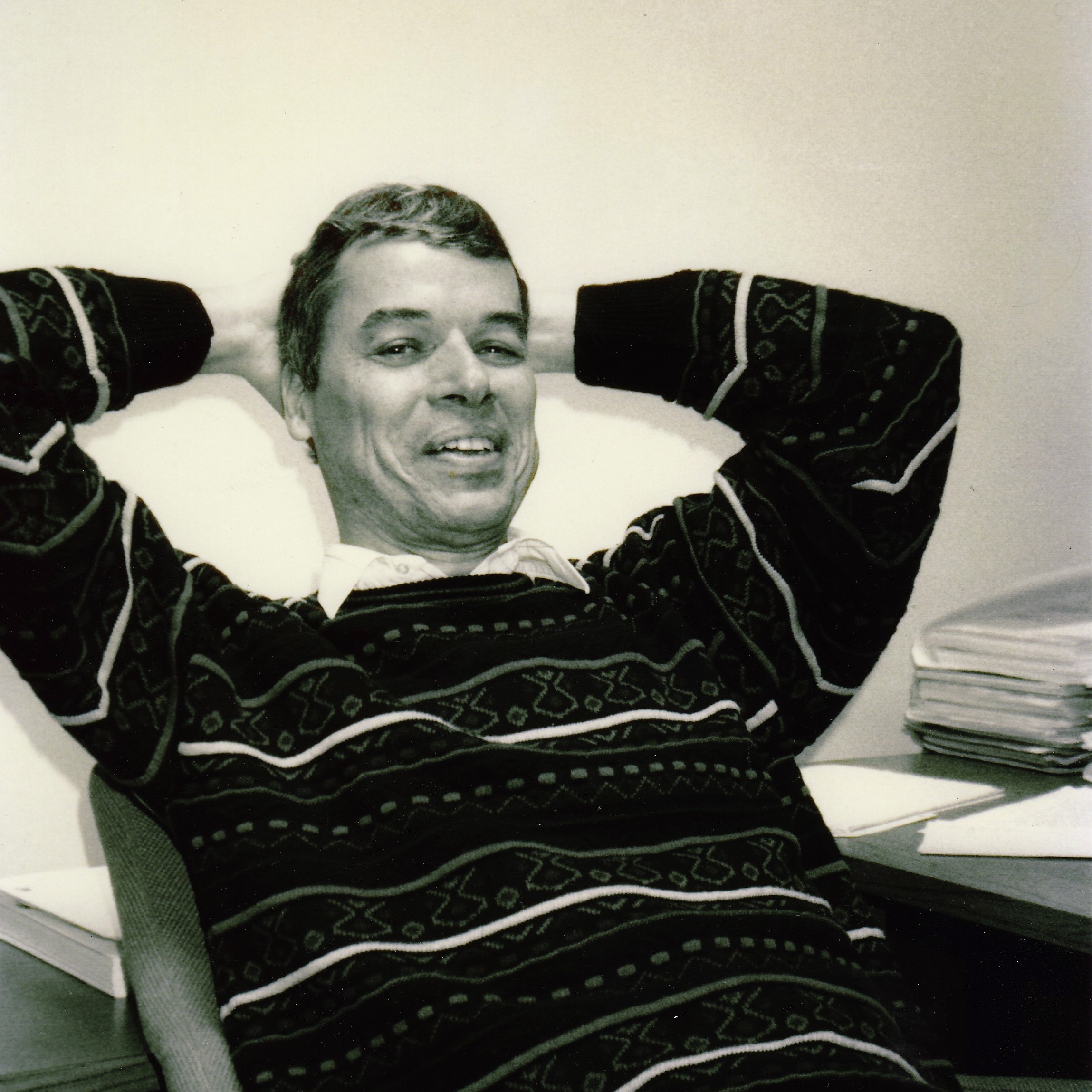Literature and the Disciplines: A Space of View
-
Mark Vessey, Principal, Green College; English Language and Literatures
Coach House, Green College, UBC, and livestreamed
Wednesday, March 15, 5-6:30pm with reception to followCoffee and tea will be available at 4:30pm in the Piano Loungein the series
Richard V. Ericson Lecture -
What is literature? That was the title question of a book of lectures by Jean-Paul Sartre, published in 1948. A year later it was echoed by the Canadian critic Northrop Frye (1912-1991) in an essay that subsequently formed the introduction to his Anatomy of Criticism (1957), for a while the most famous book ever published with ‘criticism’ in its title. Now that ‘Literature’ is no longer even the title of a section at Indigo on Broadway and Granville, what could it still be (or ever have been) and what would we study it for? Questions like that have provoked a paroxysm of recent books by professors of English literature, including Terry Eagleton’s Critical Revolutionaries: Five Critics Who Changed the Way We Read (2022) and John Guillory’s Professing Literature: Essays on the Organization of Literary Study (2023). Stepping back from the disciplinary and institutional anxieties that make such reflection urgent, Mark Vessey offers some pathways for considering literature as an undisciplinary project with a very particular history between the fifth and twentieth centuries of the not-so Common Era.
 Mark Vessey has been a member of the UBC Department of English Language and Literatures since 1990 and Principal of Green College since 2008. His research ranges between the Latin literature of late antiquity, writers of the Northern European ‘renaissance’ (especially Erasmus) and twentieth-century literary criticism and theory. Recent and forthcoming publications include Erasmus on Literature (University of Toronto Press, 2021) and the Epilogue to the Cambridge History of Later Latin Literature.
Mark Vessey has been a member of the UBC Department of English Language and Literatures since 1990 and Principal of Green College since 2008. His research ranges between the Latin literature of late antiquity, writers of the Northern European ‘renaissance’ (especially Erasmus) and twentieth-century literary criticism and theory. Recent and forthcoming publications include Erasmus on Literature (University of Toronto Press, 2021) and the Epilogue to the Cambridge History of Later Latin Literature. Richard V. Ericson (1948-2007), BA, MA, PhD, LittD, FRSC, was Professor of Criminology and Sociology and Director of the Centre of Criminology at the University of Toronto; Professor of Sociology and of Law, Distinguished University Professor, and founding Principal of Green College at the University of British Columbia (1993-2003); and Professor of Criminology, Director of the Centre for Criminological Research, and Professorial Fellow of All Souls College, at the University of Oxford. He was a Canada Council Killam Research Fellow in 1998- 2000 and held visiting appointments at universities in the UK, USA, Europe and Australia. His many acclaimed publications spanned police work, crime reporting, risk and regulation, insurance and governance, and the sociology of knowledge. He was especially proud of his role in the creation of Green College at UBC as a unique combination of residential academic community and public venue for non-curricular, interdisciplinary inquiry.
Richard V. Ericson (1948-2007), BA, MA, PhD, LittD, FRSC, was Professor of Criminology and Sociology and Director of the Centre of Criminology at the University of Toronto; Professor of Sociology and of Law, Distinguished University Professor, and founding Principal of Green College at the University of British Columbia (1993-2003); and Professor of Criminology, Director of the Centre for Criminological Research, and Professorial Fellow of All Souls College, at the University of Oxford. He was a Canada Council Killam Research Fellow in 1998- 2000 and held visiting appointments at universities in the UK, USA, Europe and Australia. His many acclaimed publications spanned police work, crime reporting, risk and regulation, insurance and governance, and the sociology of knowledge. He was especially proud of his role in the creation of Green College at UBC as a unique combination of residential academic community and public venue for non-curricular, interdisciplinary inquiry.
-
Unless otherwise noted, all of our lectures are free to attend and do not require registration.
Custom Lecture Fields
|